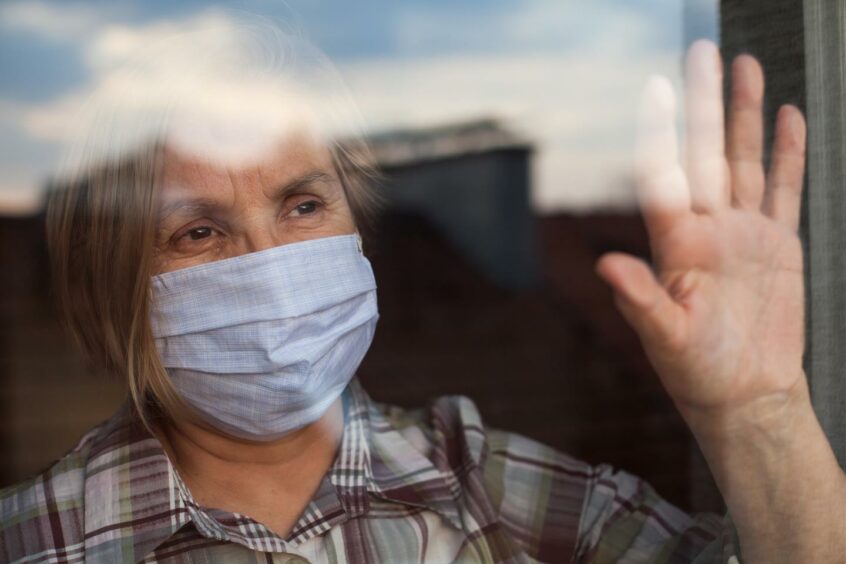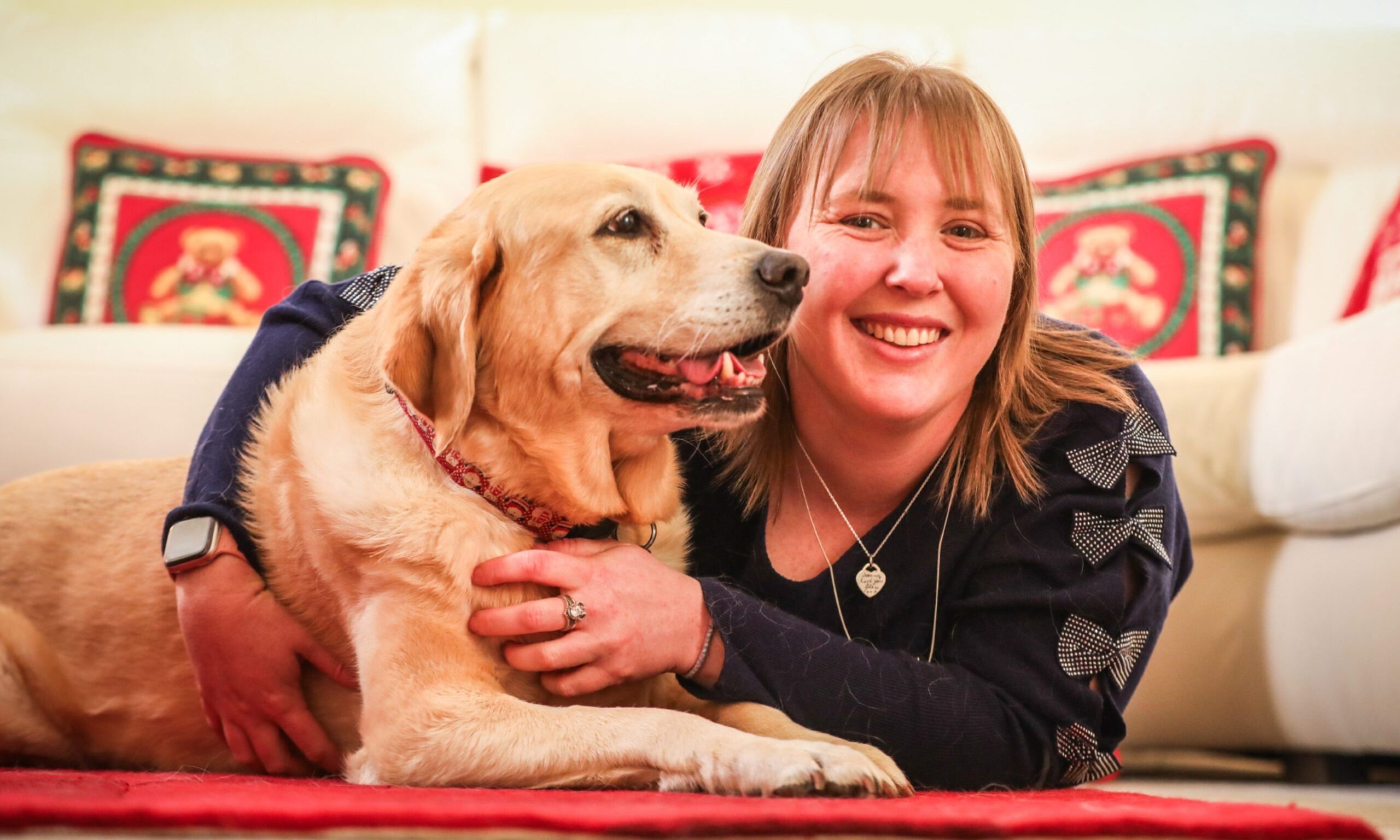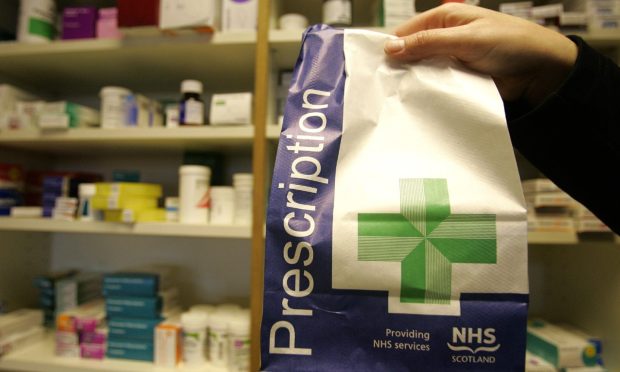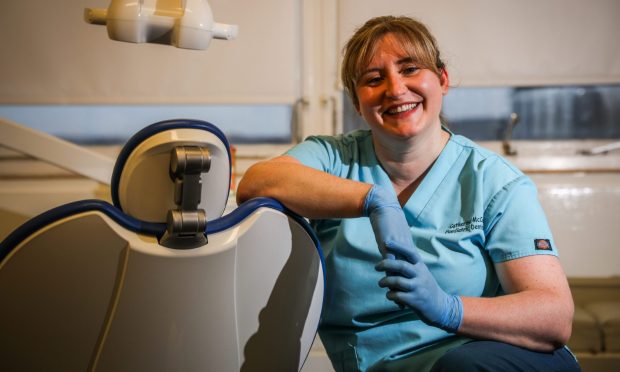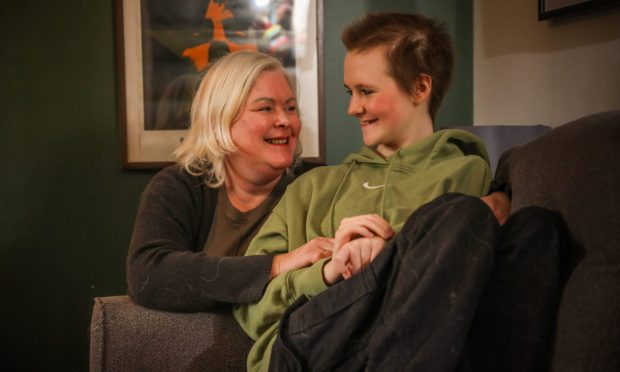An estimated 92,000 people in Scotland are living with long Covid.
For most who contract the virus, their symptoms disappear a few weeks after testing positive.
But others are still living with complications almost two years after catching coronavirus.
So, what is long Covid? What are the symptoms? Is there support available for those struggling with the condition? And do vaccines reduce the risk of long Covid?
We’re answering your questions.
What is long Covid?
Long Covid is commonly used to describe symptoms that continue or develop after testing positive with coronavirus, persisting for four weeks or more following infection.
There are two stages to long Covid:
- Ongoing symptomatic Covid-19 – symptoms that last four to 12 weeks
- Post-Covid-19 syndrome – symptoms lasting for more than 12 weeks and not explained by another diagnosis or condition
Do vaccines reduce the risk of long Covid?
There is still a lot we don’t know about the link between the coronavirus vaccine and long Covid.
However, research carried out in the UK found “the odds of having symptoms for 28 days or more after post-vaccination infection were approximately halved by having two vaccine doses.
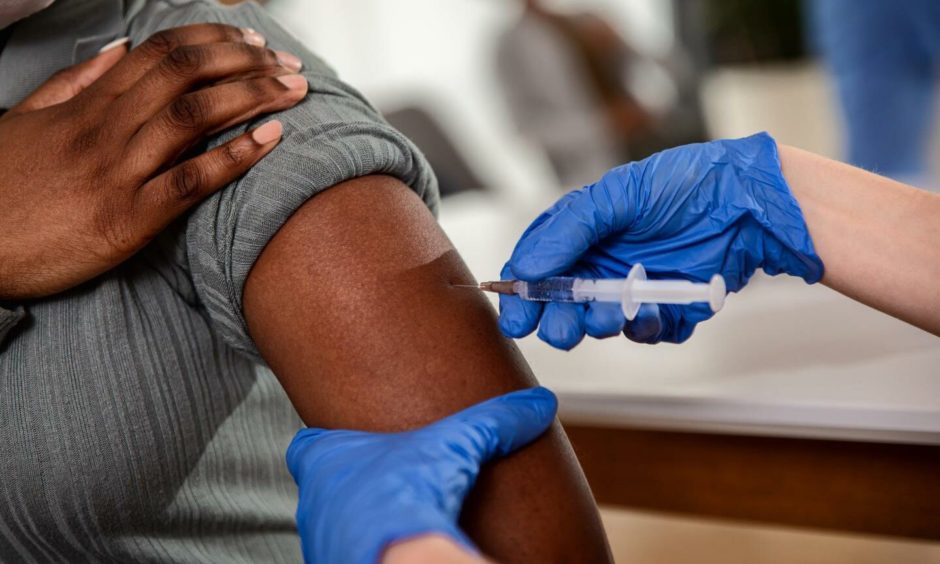
“This result suggests the risk of long Covid is reduced in individuals who have received double vaccination, when additionally considering the already documented reduced risk of infection overall.”
This means vaccines are potentially driving down rates of long Covid because they reduce the overall number of people getting severely ill.

Long Covid – the symptoms
Every person living with long Covid will be affected differently and could have various symptoms. Your symptoms can change, or come and go over time.
Some of the most common symptoms of long Covid include:
- extreme tiredness (fatigue)
- shortness of breath
- chest pain or tightness
- problems with memory and concentration (“brain fog”)
- difficulty sleeping (insomnia)
- heart palpitations
- dizziness
- pins and needles
- joint pain
- depression and anxiety
- tinnitus, earaches
- feeling sick, diarrhoea, stomach aches, loss of appetite
- a high temperature, cough, headaches, sore throat, changes to sense of smell or taste
- rashes
Treatment for long Covid
If you think you have long Covid you should visit your GP who will diagnose you if your symptoms cannot be attributed to another condition.
The NHS has a list of tips for managing recovery for different symptoms.

It offers help and advice from breathlessness and coughing, to dealing with changes to taste and smell, as well as improving memory and concentration.
Treatment options vary depending on the symptoms you have, which can be discussed with your GP.

The Scottish Government says: “Through our £10 million long Covid Support Fund we will provide Boards with the resource they require to respond in a flexible and tailored manner to the needs of people with long Covid.”

